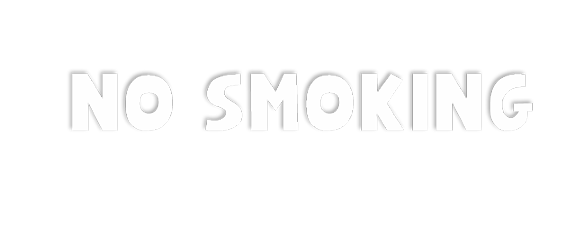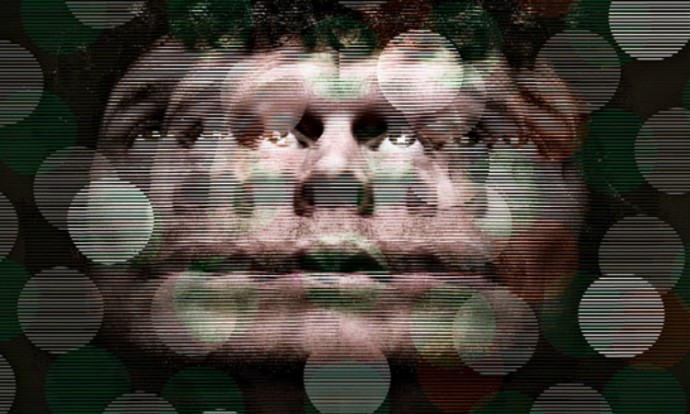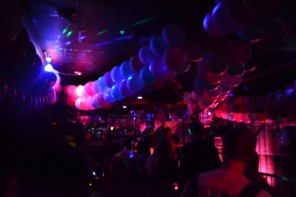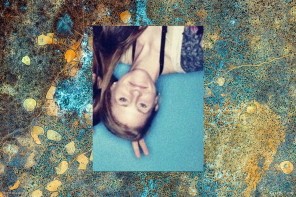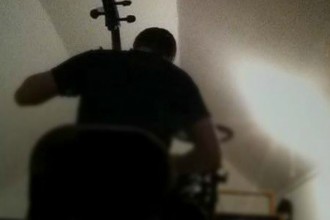Francisco Lopez is an avant-garde experimental musician and sound artist, not to mention something of a sound philosopher. His most famous recordings are recreations of natural sonic environments – to create a true “soundscape” in his 48-minute work La Selva, Francisco Lopez left the majority of his rainforest recordings unedited, a mass of obscure sound material which was intended to “defy or ignore categorization.” Lopez places a premium on the work of human interpretation, and he loves to play with this interpretive process by making it difficult for his audience to decode his work. He dismisses the goal of creating a sense of “being there” for the listener as an attempt to create “realism,” which is ultimately an illusion in his analytic.
Lopez also coins the term “profound listening” to replace the “reduced listening” of Michel Chion’s “Three Modes of Listening” (causal listening searches for the source of the sound, semantic listening searches for linguistic codes, and reduced listening identifies qualities of the sound itself (i.e. the sonorous object)). As such, Lopez argues that in La Selva he is not attempting to document or recreate the Costa Rican rainforest, but rather to draw attention to “the transcendental quality of the sound itself.” Therefore, he rejects earlier nature sound recording techniques (emphasizing distinct animal sounds for the sake of the listener’s comprehension) in favor of hiding behind the acousmatic veil of unedited clips of wind rustling leaves and water dripping.
The re-branding of reduced listening as profound listening and the claim that unedited sound is somehow more interesting than manipulated sound (Lopez claims that La Selva is music, not sound art) strikes me as doubly unnecessary, and my piece reflects this gut reaction of mine; Excess of Stimuli is intended to be a negation of Lopez’s purism. Creating a focalization effect (what Lopez calls realism – the effect of actually feeling like one is in a certain location) is in itself a wonderful art-form, one that most of us probably encounter most often in the form of film soundtracks. Leaving interpretive work up to the listener is a good aspect of any art, but not leaving any clues whatsoever (refraining from significant editing or mixing) does little more than confuse the listener or allow him to wander off on an unrelated train of thought.
Excess of Stimuli explores the effects of the internet on our sonic attention span; though we want to control our environments (“I will spend 36 seconds on this article”) they somehow resist our efforts. My work uses a significant amount of ‘studio tricks’ in recreating several soundscapes (‘conceptual railroading,’ one might say), but also attempts to leave interpretive wiggle room for listeners to explore (as Lopez probably would have liked). I also worked within a strict five-minute time limit, and I sort of regret not adding a few more seconds of weirdness.
